Do you want your drone to continue performing its best year after year? You need to take extra care of drones as they have sensitive parts that can easily get damaged by improper handling.
Debris, dirt, and dust can affect the performance of your drone and prevent it from taking the best aerial shots. Inspect your drone regularly to spot any kind of damage and get the issue resolved for optimum performance of your device. Preventative maintenance can resolve issues before they become severe, saving you from expensive repairs.
Every drone is different, so you should also check out the instruction manual to know how to take care of your drone in the right way.
Whether you have purchased your first drone or are flying it for the first time, you must take care of it to keep it in tip-top shape. This way, your aerial footage will never look dull or distorted, and your drone will perform at its best.
Ways to Extend the Lifespan of Your Drone
Even if you have invested in the best drones, if you don’t take care of them, you won’t be able to get the best aerial footage. So we bring to you the best drone maintenance tips that will extend the lifespan of your device.
1. Inspect Your Drone
Regularly inspect your drone to identify and resolve any potential issue before it becomes a huge problem. Check for any signs of damage, like loose components, cracks, or bent parts.
Examine the motors, check if they are spinning freely, and inspect the battery for damage or leakage. You should also check the propellers, as damaged parts can affect your drone’s flight stability. Inspect the wiring harness to see if there are any loose connections, and check all visible wires for burns, breaks, cracks, or any other sort of damage.
If you inspect anything unusual, visit your nearest drone repair shop and get the issue resolved immediately.
2. Clean Your Drone
Camera drones for beginners are a huge investment, but what if you end up getting bad-quality footage due to slight neglect in maintenance? If you want your drone to keep performing flawlessly, you must get into the habit of cleaning it regularly. Dust, grime, and debris can adversely affect the performance of your drone, leading to low-quality videos and photos. Use a dry, soft cloth to clean the propellers and body of your drone.
Don’t use solvents or water, as they can damage the delicate parts of your drone.
3. Store Your Drone Properly
Do you want to make the next flying session stress-free and smooth? Whether you’re storing your drone for the entire season or a short time, proper storage is essential to make the next flight hassle-free.
Always perform a visual inspection before storing your drone, or else you may find a damaged component while preparing for your next flight. If you find grime and dust in your drone’s interior or exterior part, clean it up right away. Immobilize the moving parts and store them separately to prevent them from cracking or damaging.
For example, you should take the propellers off the rotors and keep them separately. You can also buy a protective case for your drone, as it will be helpful in storage and proper organization.
4. Keep Your Battery Healthy
One of the most important drone maintenance tips for beginners is to ensure that your drone battery is in good health. Never fly your drone on a low battery, as it may crash into the ground and get damaged. Charge the battery completely and give it some time to cool before you put it inside the drone.
A rule of thumb that you can follow is to not leave the battery on charge after 100% and not to let the battery drain below 20%. Don’t use damaged batteries, and store them in a dry place when you’re not using the drone.
5. Learn about the Basic Components of the Drone
Being a beginner, you must know about the major components of the drone, or else you may have difficulty flying and maintaining it. It is also important to know how the various components of the drone work. You should also have a basic understanding of using a GPS module, speed controller, and flight controller. Try to learn about the ideal conditions to fly the drone and how to store your drone when you’re not using it. Once you develop an understanding of all these aspects, it will become easier for you to maintain and operate your drone safely.
Conclusion
Even if you’re a beginner, you can take aerial footage that will take everyone’s breath away by following the maintenance mentioned above tips. Whether you’re operating your drone inside a building or a hundred feet off the ground, your drone will perform flawlessly only if you take care of it in the right way.
Use a fully charged battery, carry your drone in a protective case, clean your drone regularly, fly in safe weather, and inspect for any damage. Before operating the drone, understand the basics of all the components and how they work.
This way, you’ll increase the effectiveness of your drone, and it will last for a longer period of time.
Frequently Asked Questions
How Should You Store Your Drone?
When you’re not using your drone, store it in a dry, cool place away from heat and sunlight. Remove the battery to prevent it from overheating or draining if you’re storing the drone for a longer period of time. Do any firmware updates on both the controller and drone before storing your drone.
Where Should You Avoid Flying Your Drone?
You should avoid flying your drone over water bodies like lakes, oceans, and seas. Avoid flying your drone over woodland areas, as it might increase the chances of getting your drone to crash. For the safety of vehicles, people, and animals, avoid flying your drone over densely populated areas or places where festivals or public events are held.
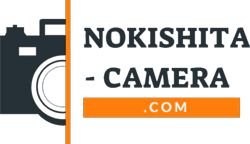
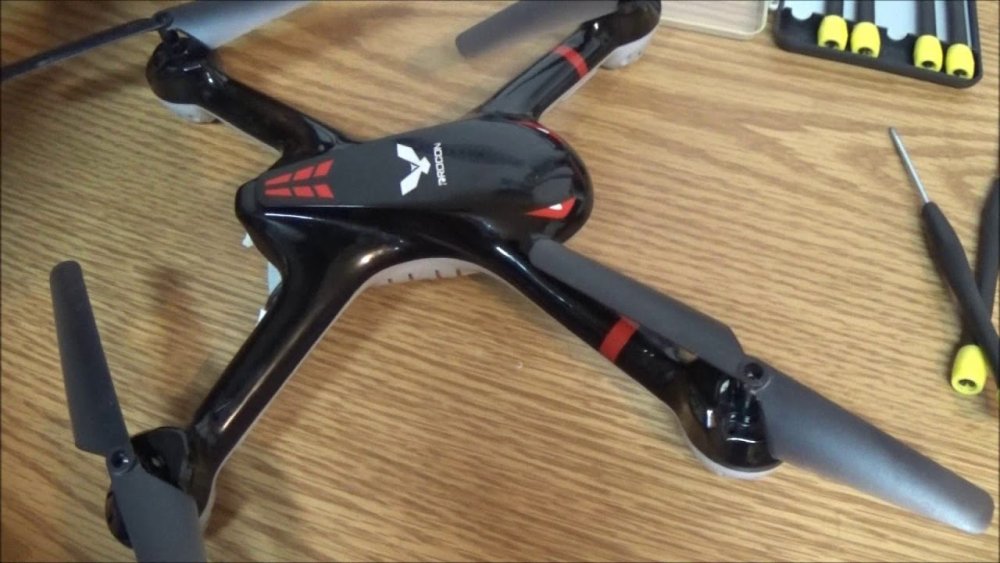
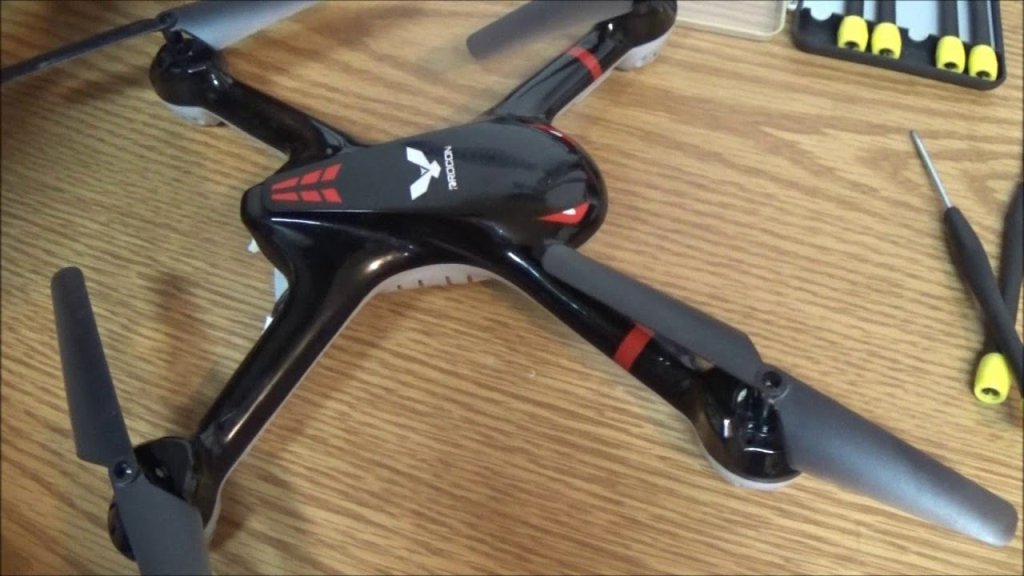
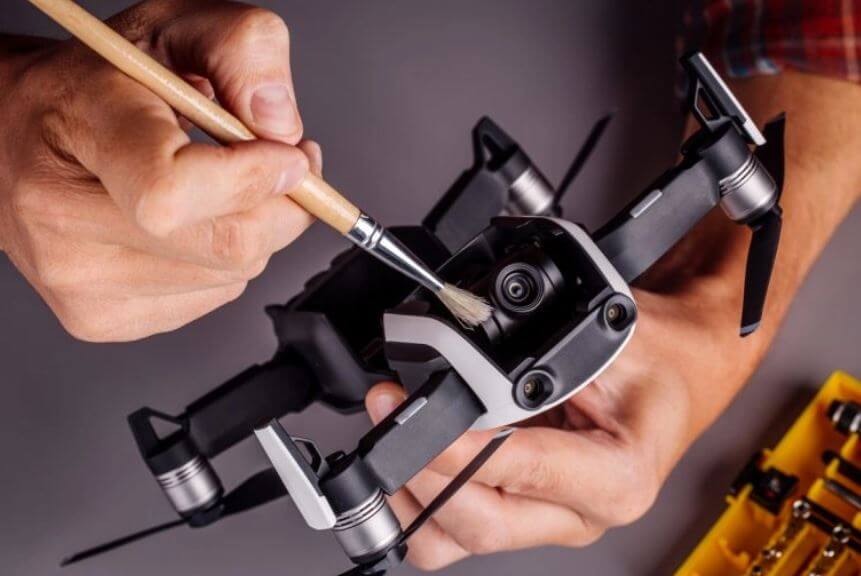
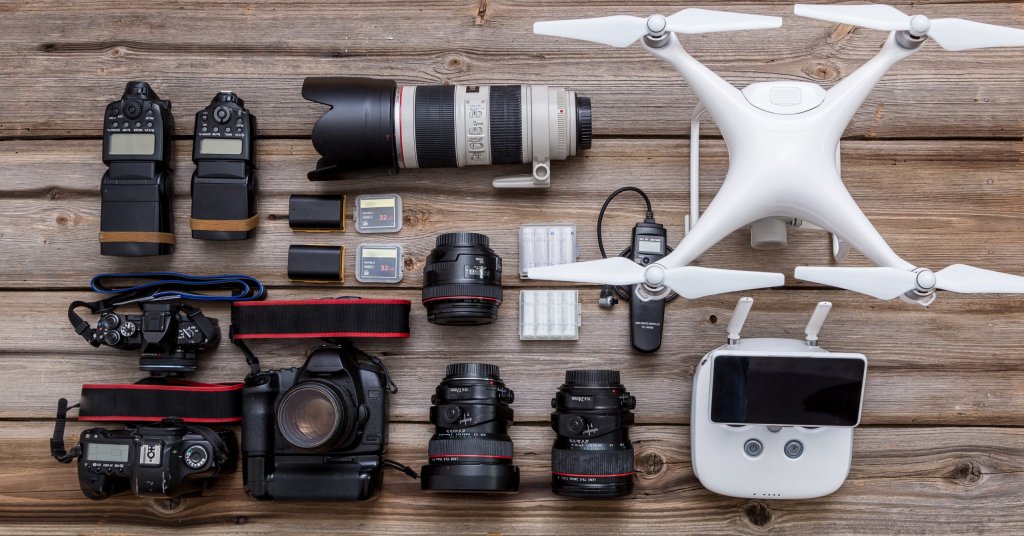
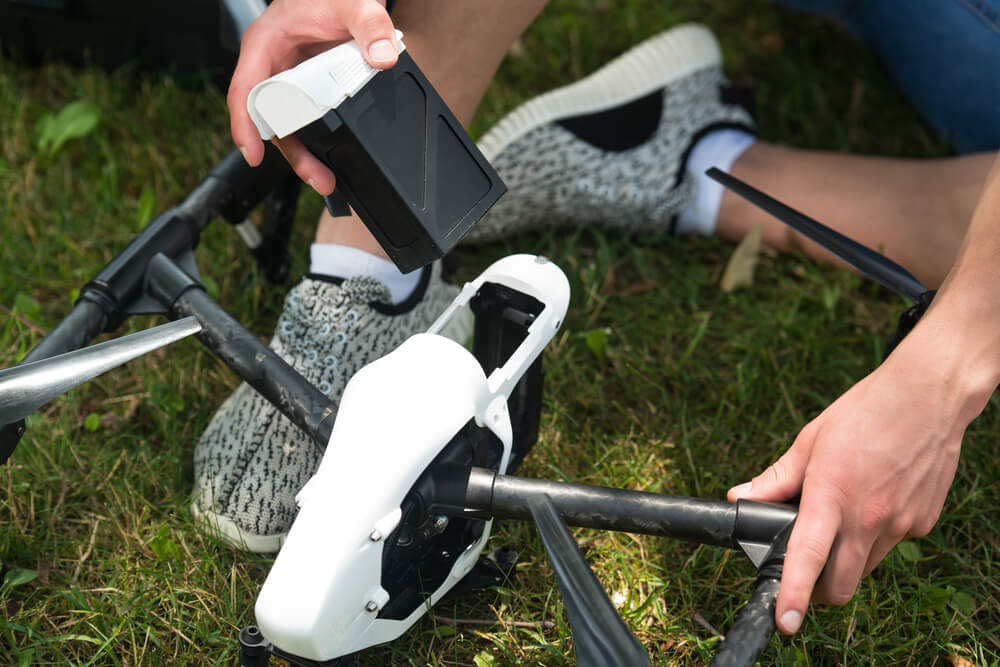
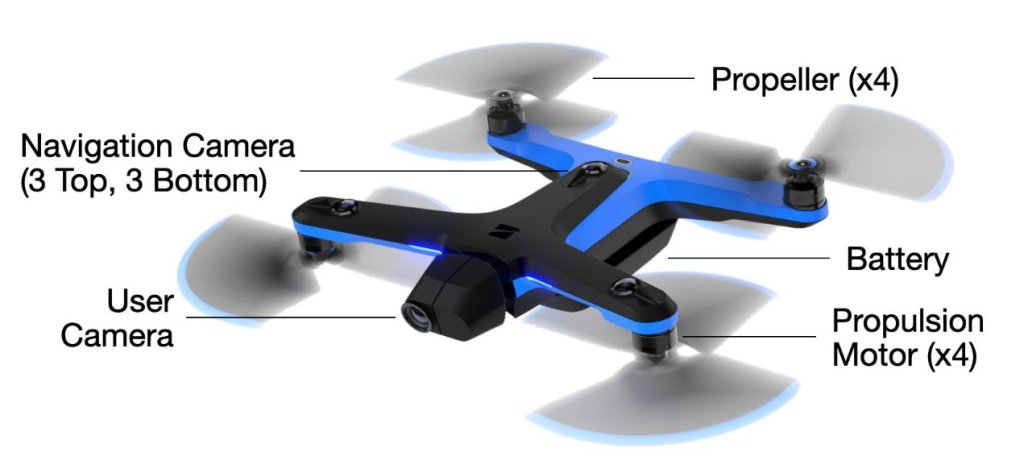
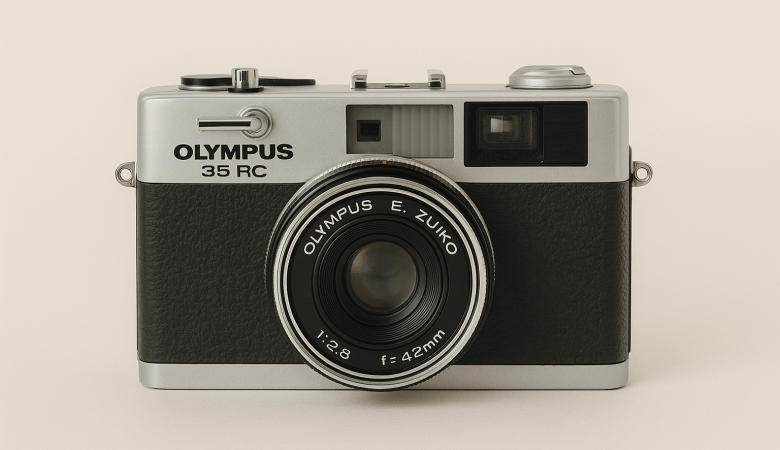
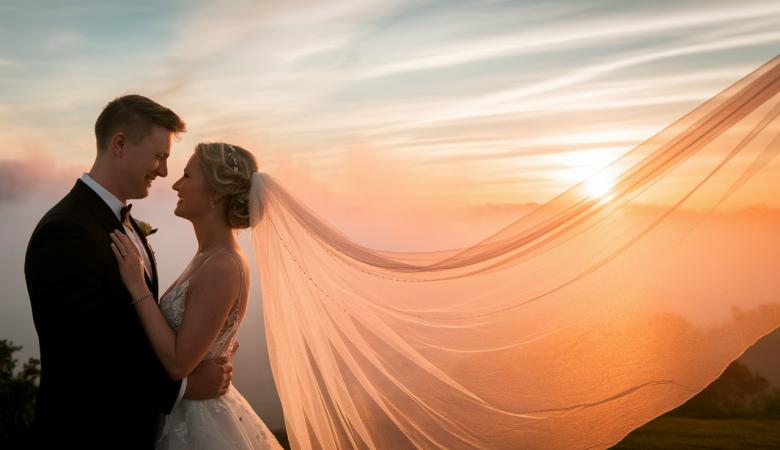

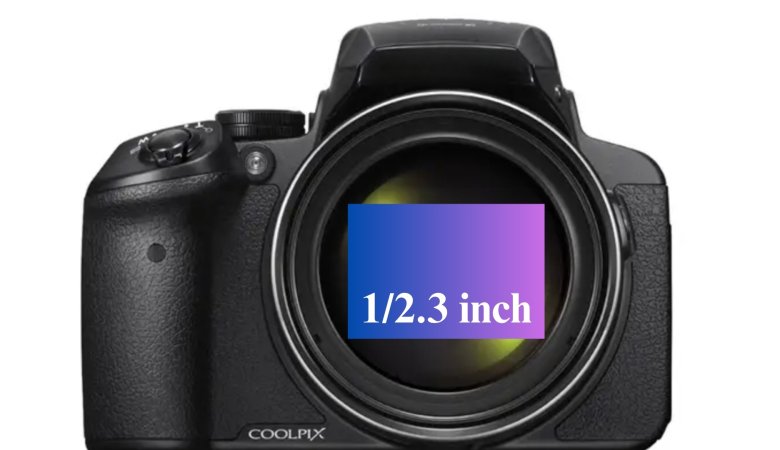
Leave a Reply